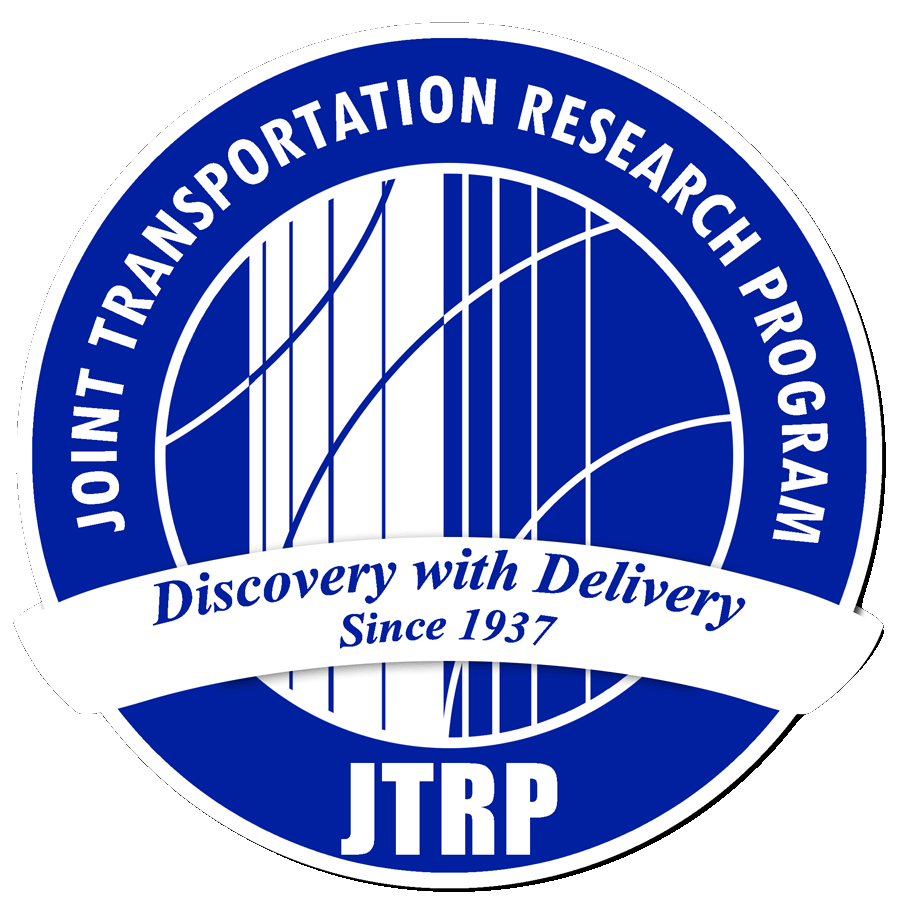Abstract
The project goal was to better understand the extent of air-cooled blast furnace slag (ACBFS) usage for completed INDOT projects, factors that can influence slag leaching, review remediation strategies, and identify applications where future usage restrictions or sitting criteria are needed. A literature review of government documents, peer-review, and trade industry literature was conducted. The project team also conducted a site visit to an ACBFS storage facility and steel mill that generated the ACBFS and reviewed handling and testing procedures. The project team also contacted other state transportation agencies (IL, MD, MI, NY, OH) to determine the degree they incorporated ACBFS into their projects and if product performance tests were required. Results show that changes to Indiana test methods and acceptance criteria are warranted. Indiana Test Method 212 should be revised to extend the test duration, pH acceptance criterion, and add additional material acceptance criteria. Unbound ACBFS should be avoided for construction applications (1) where ground water could contact the material, (2) near environmentally sensitive and populated areas, (3) where a drainage system is not present. Additional work to improve the ability of INDOT to detect ACBFS that would cause short- or long-term chemical leaching problems could include (1) evaluating and optimizing stockpile sampling practices for representative sampling, (2) modifying ITM 212 to better predict worst-case leaching conditions and leachate quality, (3) conduct a head-to-head comparison of bench-scale and field-scale leaching results.
Keywords
ACBFS, air-cooled blast furnace slag, beneficial use, waste
Report Number
FHWA/IN/JTRP-2018/04
SPR Number
4164
Sponsoring Organization
Indiana Department of Transportation
Performing Organization
Joint Transportation Research Program
Publisher Place
West Lafayette, Indiana
Date of Version
2018
DOI
10.5703/1288284316647
Recommended Citation
Wang, T., Salehi, M. & Whelton, A. J. (2018). Blast furnace slag usage and guidance for Indiana (Joint Transportation Research Program Publication No. FHWA/IN/JTRP-2018/04). West Lafayette, IN: Purdue University. https://doi.org/10.5703/1288284316647


